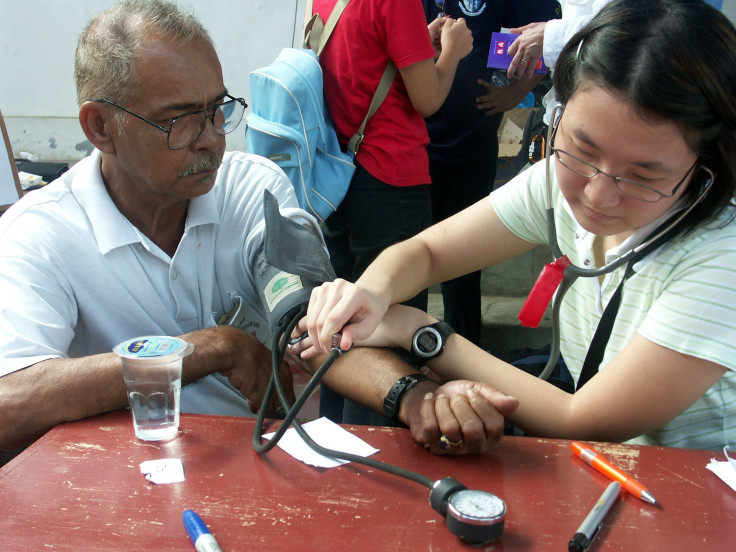Global Health Disparities Between Rich And Poor Nations Could Be ‘Eliminated In A Generation,’ New Report States

In 1993, the World Development Report was published by the World Bank. It was a lengthy analysis of the state of global health by international health experts and economists, and it claimed that government investment in health is an investment in economic prosperity.
Now, basing their research off that report, a Lancet commission led by 25 international health experts and economists has released a new study that states major world health problems could be solved in just one generation with cost-effective solutions. The report, called “Global Health 2035: A World Converging within a Generation,” was written 20 years after the 1993 report to gauge where we stood in terms of global health improvement. The authors write that the world is currently at a state where all nations should work together “to reduce infectious, child, and maternal mortality rates to low levels universally.”
“For the first time in human history, we are on the verge of being able to achieve a milestone for humanity: eliminating major health inequalities… so that every person on earth has an equal chance at a healthy and productive life,” Larry Summers, former U.S. Treasury Secretary who co-chaired a global health commission, said.
In a video, the Lancet commission points out low-cost, high impact opportunities that may curb disease and injury, such as higher taxes on tobacco, alcohol and sugary drinks; removing subsidies on fossil fuels; regulating transportation to prevent injury; and providing cheap, generic drugs that can curb risks for cardiovascular disease and diabetes. Placing a 50 percent tax on tobacco, for example, could prevent 20 million premature deaths as well as make an extra $20 billion annually over the next 50 years, the report argued. Diseases that are important to target included HIV/AIDS, malaria, tuberculosis (TB), as well as heart disease and diabetes, both leading causes of death in the U.S. and worldwide. The authors also stated that in health systems, emphasis should be placed on preventive care and early treatment to save major medical costs.
“The role of international assistance, while still vital, is going to increasingly emphasize scientific research, provide templates and models that can be emulated, and focus on development of techniques and dissemination of information,” Summers said in a statement. He added that aid should be “less about financial support to individual countries and more about the provision of global public goods.”



























